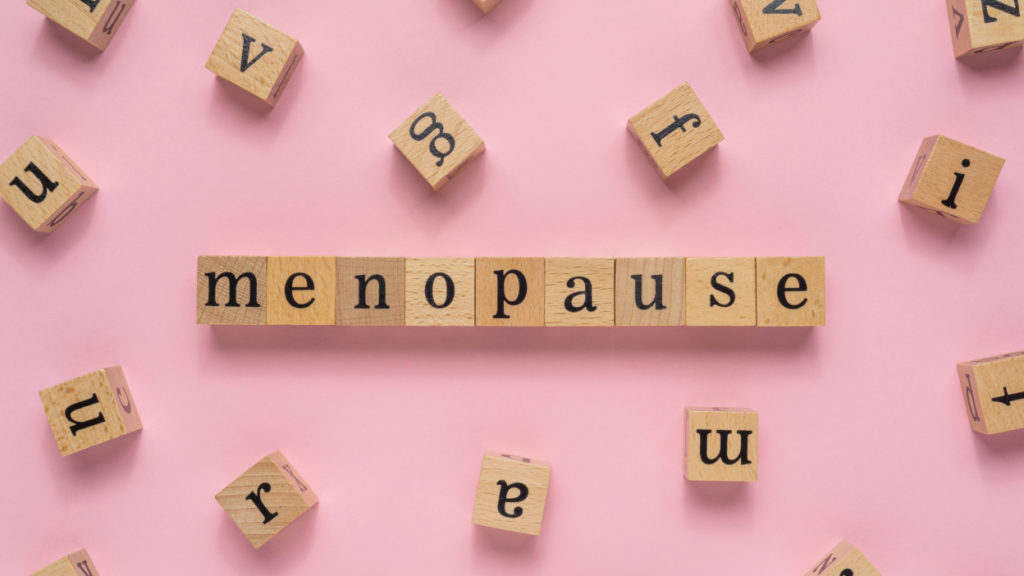An Exclusive Look At Intermittent Fasting For Menopause
- November 4, 2021
- No Responses

A guide to help women gain back control as they navigate their way through the menopausal symptoms – all with the help of the beautiful intermittent fasting.
Navigating through the symptoms of menopause can be challenging for many women. Yet, with tools like intermittent fasting and menopause-specific strategies, women can regain control and find balance. I first encountered menopause at the age of 27 when my mother began exhibiting symptoms, emphasizing the need for more open conversations and effective approaches like intermittent fasting during this life transition.
I didn’t give it another thought until roughly 10 years later when I was in my late 30’s. I had tested positive for the BRCA2 gene (the that raises your risk of getting cancer if it’s altered) and was undergoing an “innocent” keyhole surgery to remove my ovaries.
The “innocent” keyhole surgery sent me tail spinning, headfirst into the menopause and all of a sudden, it was a subject I wanted – and needed – to know more about. My mum lost her battle with ovarian cancer two years earlier and so without her guidance, I took myself off my local GP only to be met with a sympathetic head tilt, given antidepressants and told to watch what I ate. Above all, the most poignant message I was getting from outside sources, is to not ever talk about it!
At my wits end, I continued to scour the internet looking for a lifeline on the situation and I didn’t stop looking until I found Cynthia’s “Ted Talk on intermittent fasting”. It was a lifeline that changed the course of my life and led to me quitting a 20-year career in media to retrain and help women in similar positions.
Finding my people, ranting – and hearing their rants – has been the most effective way out of this for me. If we don’t talk about it with each other, we’ll convince ourselves we are alone and going crazy! We are not going crazy, we are not alone! We are however, transitioning beautifully and magnificently through life’s second adolescence. So, clear your throat and speak up, we all want to hear you!
Below are symptoms we may face during menopause and ways intermittent fasting can be crucial in helping us successfully move forward.
Addressing Menopausal Stress through Fasting Cycles
Around 80% of women, will struggle with symptoms of menopause. The most common amongst them are hot flushes, irritability, tension, anxiety, and moodiness – all of which have a huge impact on the way we manage stress.
As we start to open up to each other about the issues, the tide will continue to turn and we’ll discover a new way to deal with the symptoms. Studies show that intermittent fasting has a remarkable effect on mental health and although we need to investigate further, it’s a great start.
Weight Regulation during Menopause with Time-Restricted Eating
Every one of us have an abundance of microorganisms living in our GI (gastrointestinal) tract. Also known as our ‘gut microbiome’, they work in favour of our health by aiding our digestion and immune system.
Consider, a massive 70% of our immune system is in our gut and so the functions of these microorganisms living in our gut are crucial for our health! If these organisms are disrupted or imbalanced by exposing them to dietary toxins, prescription drugs, or even stress, there’s a knock-on effect with our blood sugar levels, cholesterol, and weight.
There are studies that show how much the menopause alters our gut microbiome so having this information to hand, enables us to deal with the situation much earlier.
Intermittent fasting helps counteract weight gain by narrowing the time we eat and so by default, reducing how many hours we eat for. On average, fasting can lead to a weekly average of about 4% weight loss and so is a great way to handle the health of our gut. All of this and not a single calorie in sight!
Bone Health: Fasting’s Role for Women in Transition
The menopause is the greatest risk factor for bone loss in women transitioning through midlife.
On average, women lose roughly 50% of trabecular bone (aka: the spongy bone) and 30% of the bone’s dense outer layer during the course of their lifetime. Roughly half of which is lost during the first 10 years after the menopause. However, don’t get disheartened. There is hope on the horizon.
Intermittent fasting plays a role in reducing inflammation – a major contributing factor in musculoskeletal disorders. This has been shown to affect our parathyroid hormone which regulates calcium levels in the blood which in turn, this is thought to benefit our bone health. If you pair consistent fasting with just the right amount of strength resistance training (roughly 2/3 times per week) you’ll be feeling the benefits in your bones in no time.
In summary
Yes, the menopause can knock us down when we least expect it, but through small, positive habits, we can huge impact on our symptoms.
Intermittent fasting helps fight menopause symptoms by introducing a daily habit that is free and easy to apply. So, give it a try and when you do, tell your friends about it so they know they’re not alone! Then make sure they tell their friends and before long, we’ve turned the problem into the solution!

Stefanie Daniels, at 41, coaches busy women navigating their way through the menopause. Stefanie has turned her back on a long career in media as she retains to study Nutrition, qualified* as an intermittent fasting coach and speaks professionally and writes articles on the subject.
To see more of Stefanie’s work, visit her Website or check her out on Instagram: @life_begins_at_menopause



